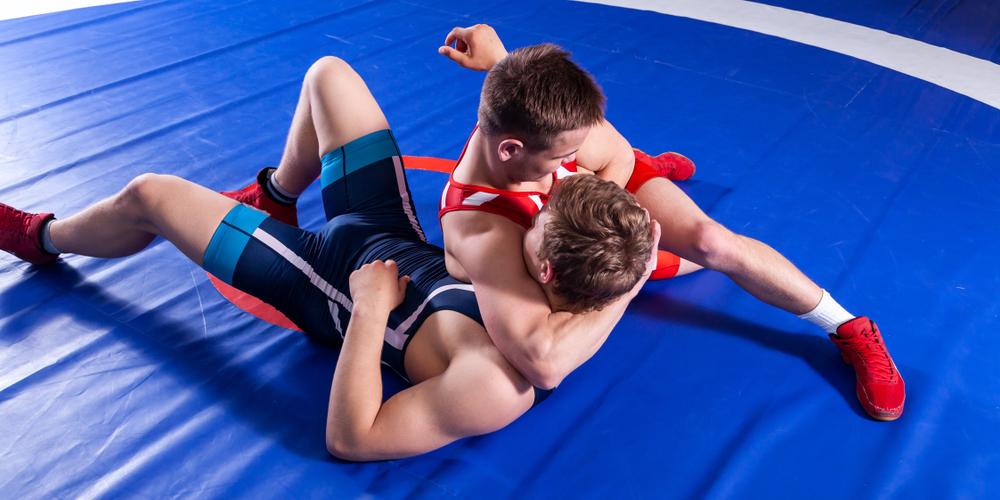
The Vrije Universiteit Brussel will start building a Martial Arts Expertise Centre (VEC) in 2023 on the campus in Etterbeek. Brussels martial arts clubs will be able to train there, receiving guidance from VUB experts, and the Flemish Boxing Federation will base its operations there. The centre will also house academic functions for teaching and research. It was made possible by financial support from the Flemish government’s sports and Brussels policy. Martial arts are an important way to achieve social impact for Brussels’ young people.
Shortage of high-quality infrastructure
A study by Perspective Brussels and VGC Sport found a shortage of quality martial arts infrastructure in the capital. The various martial arts operations often have to train in small school gymnasiums or other unsuitable spaces.
The VEC will respond to this with two martial arts halls that can be used together or separately with a small grandstand. One room will be equipped with a fixed and mobile boxing ring and punchbags, the other with mats for martial arts such as judo, karate and taekwondo. The rooms will be built adjacent to VUB’s existing sports infrastructure, meaning parking spaces, showers, changing rooms and the reception can be shared.
Martial arts as a social lever
The umbrella term “martial arts” covers many disciplines and the harder variants in particular are very popular with young people. It is often people growing up in vulnerable situations who participate. In Brussels, there are several organisations working with young people that explicitly use martial arts as a means of achieving broader social objectives. Research shows that martial arts is a good way not only to reach young people in socially vulnerable positions, but also to support and strengthen their personal and social development in various domains such as leisure, school and work. Achieving this social added value does not happen automatically: clubs or youth organisations that are committed to it need to adopt targeted methodologies and approaches.
The Sport & Society research group at VUB has been conducting research for years on the social value of sport and how it can be optimised. The research group, with other VUB scientists, will provide specific guidance and training programmes for the organisations that will work in the VEC, enabling them to better empower young people.
Flemish government and Flemish Boxing Federation give financial boost
A budget of €4 million is planned for the realisation of the VEC. From the Decree on Upper Local Sports Infrastructure in July 2021, the Flemish government granted an amount of €725,000 for the project. Sports minister Ben Weyts: “This fits into our ‘sportspurt’: a major catch-up move for more and higher quality sports infrastructure across Flanders. We are allocating a total of €185 million for this purpose. With contemporary infrastructure closer to home, we make sport – and in this case martial arts – more accessible and attractive to a wide audience. It’s a very nice collaboration with VUB, who also contribute their expertise.”
Through the resources of the Flemish Brussels Fund, the VEC will receive an additional grant of €700,000. Minister for Brussels, youth, media and poverty alleviation Benjamin Dalle highlights the importance of the centre for Brussels’ youth: “Martial arts have great appeal for young people. By supporting the VEC, we want to ensure that clubs can train in the best possible infrastructure and are supported by VUB experts to achieve their social objectives with and for Brussels youths.”
The Flemish Boxing Federation is also an important partner. They are contributing €250,000 and will host their national training sessions at the VEC, as well as training top-level and youth teams. The presence of other sporting infrastructure and expertise on the VUB campus is an added value.
VUB will provide the remaining funding from academic funds and Sport Management.